Last updated on March 29th, 2023
Sir Isaac Newton, after a very humble beginning, became and formed the basis of modern physics – after so much of his pondering and experimentation – it is possible today that we derive great benefits from his inventions and discoveries.
His famous equations about the existence of the force of gravity and mass made him one of the most remembered and studied scientists in the modern world. The famous fall of an apple over his head is believed to be just a story, and not a fact, by various historians who doubt the incidence. With these 37 interesting facts about Isaac Newton, let’s learn about his life, education, work, and more…
Facts about Isaac Newton’s childhood, education, and family
1. Sir Isaac Newton was born premature and had little to no chance of survival. It was a Christmas morning in Woolsthorpe, Lincolnshire. Stephen Hawking was also from Lincolnshire, born almost 300 years later.
2. He was born on 4 January 1643 [O.S. 25 December 1642], the same year, Galileo died.
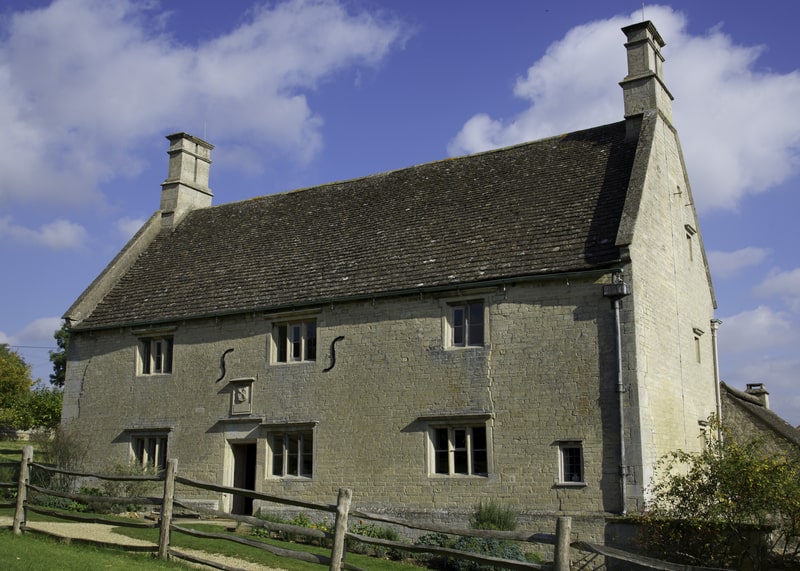
3. His father, who was a farmer, died three months before Newton was born. He was raised by his grandmother after his mother remarried.
4. Newton hated his stepfather and threatened to burn his house down.
5. History tells that he was not a good student who would excel in studies. He had to work as a servant to pay his bills and he liked to keep a journal of his ideas and thoughts.
6. During his school-age years, he disliked poetry and literature and was fascinated by technology and mechanics. He developed sundials which were very accurate.
7. Newton had written in his college notebooks about himself, “Making pies on Sunday night… punching my sister… threatening my Father and Mother Smith to burn them and the house over them.”
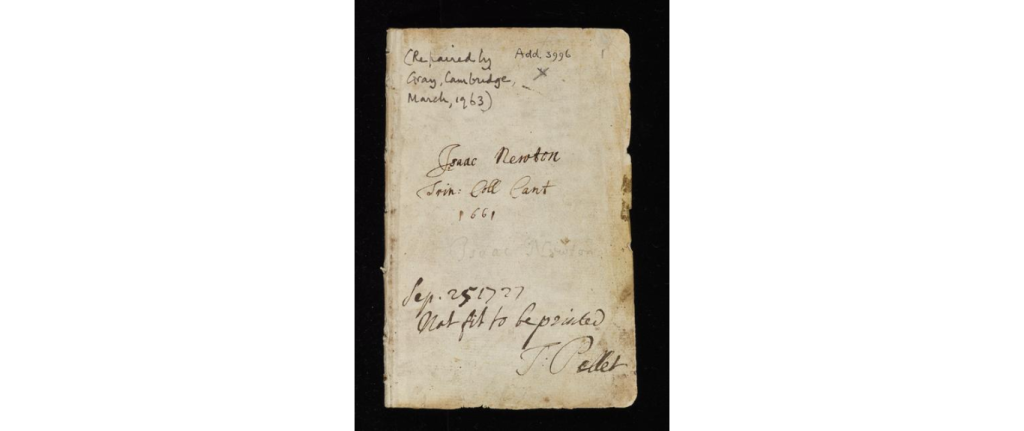
8. Newton’s mother wanted him to be a farmer but Newton disliked farming. However, he excelled academically and was eventually accepted to Trinity College, Cambridge, where he studied mathematics and science.
9. Isaac Barrow, who is Cambridge’s first professor of mathematics, is the source of inspiration behind Newton’s work on Calculus.
10. Newton, reportedly could not understand mathematics from the books he bought for his studies. During 1665 and the following year, Cambridge where Newton got enrolled for studies, was closed due to Black Death Plague. During this time, Newton completed his much-accomplished work on properties of light, calculus, and motion of celestial bodies. And he obtained his Masters Degree from Cambridge after these laws were formulated by him.
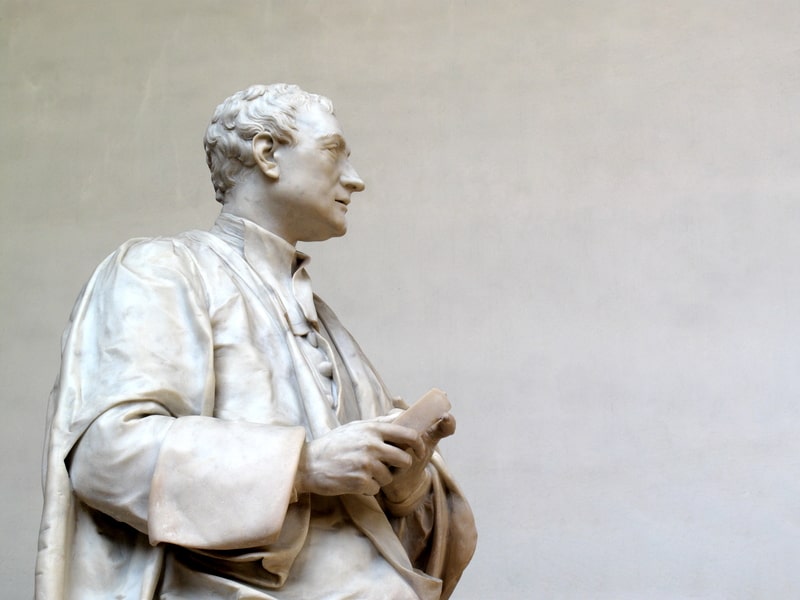
Facts about Newton’s work in physics, mathematics, fascination with nature, religious faith and more…
11. Newton worked on diffraction of light, universal gravitation, centrifugal force, centripetal force, and the effects and characteristics of bodies in motion.
12. Newton did not like criticism and made lifelong enemies with those who criticized him.
13. When Newton was being criticized by fellow scientists, he began a life of solitude and total isolation in 1679 and remained in this state for the next 6 years of his life.
14. Interestingly, Newton was very secretive during his entire career.
15. During this time, his mother was on her deathbed. And Newton started pondering upon the nature of life. These ideas regarding the nature of life are believed to be the inspiration of his theories of gravity, which are the most important equations still governing a lot of physical sciences.
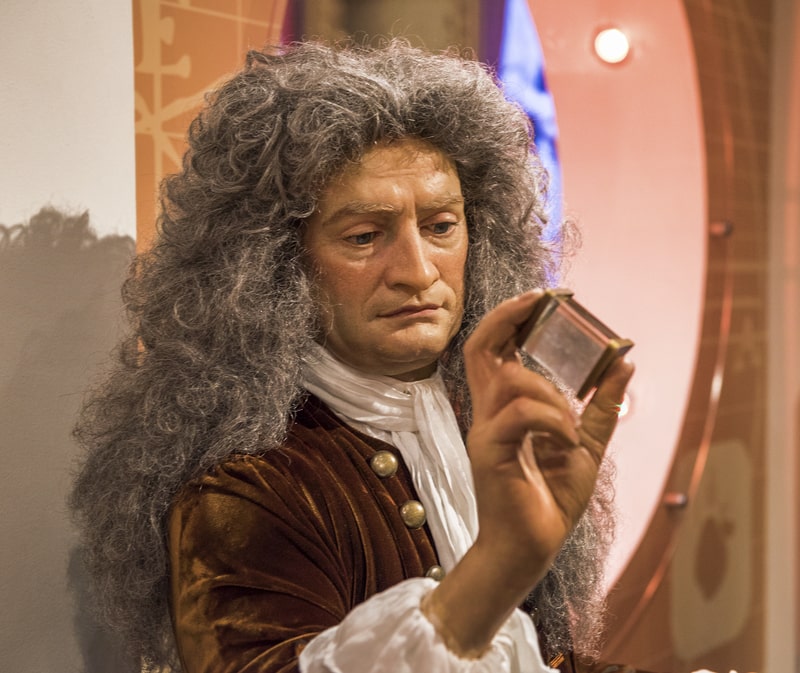
You may like: Interesting facts about Henry Ford
16. In 1684, Newton was again startled by a fellow scientist and philosopher Gottfried Leibniz. A mathematical paper published by Leibniz tried to solve the mystery of nature with the help of mathematical expressions. Newton responded with a statement that he had already done the same work almost 20 years before, and the German philosopher had copied and stolen his work.
17. A foundation of modern science: The Principia Mathematica was published by Newton in 1687. This book was the work of thinking for almost 20 years and it took two years for Newton to compile the book. This book contained the concept and theories of universal gravitation, the three laws of motion and his theory of calculus. This book fostered his reputation, and is a source of knowledge and inspiration to millions of scientists, today.
18. Newton suffered twice with a nervous breakdown. This happened when he suspected that his friends conspired against him.
19. There is no concrete evidence about the famous apple hitting Newton in his head, and inspiring him about his research on gravitation and the related theories.
20. Newton was a very religious man and also studied the book of nature very passionately out of his curiosity. He wanted to study these subjects to discover a single system of the world that would explain everything.
Newton’s involvement in calculus and politics; his prediction of the end of the world, the inspiration for Einstein etc…
21. Newton played a significant role in recovering Britain from financial crises in the 17th century. At that time, almost 10% of Britain’s currency was forged. Newton had to recall the old currency and issue a more reliable one. He kept a database of offenders and prosecuted them. Later, he was appointed as Master of the Mint in 1700 and held this post for the rest of his life.
22. Newton was obsessed with power and reputation.
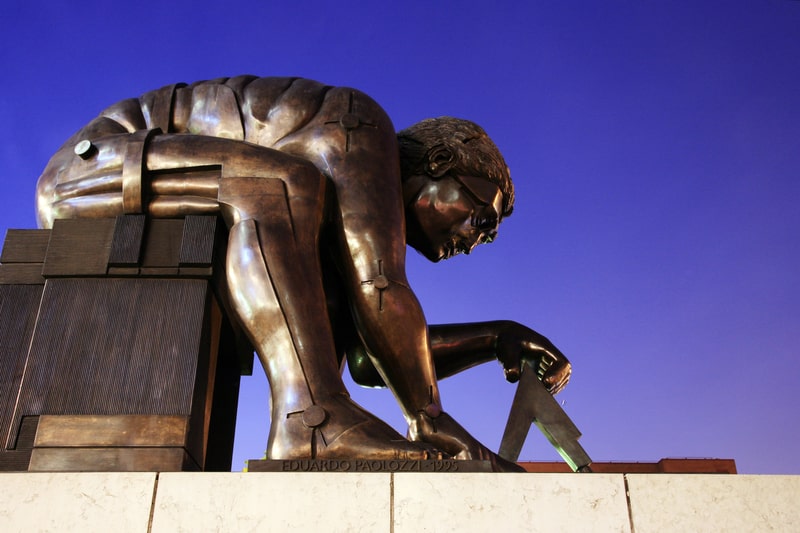
23. Newton declared himself as the man who invented calculus through a report published by the Royal Society. The other man competing for the honor was Leibniz. Both these scientists disputed over the precedence of their work on calculus.
24. In addition to his scientific work, Newton also served as a member of Parliament and was knighted by Queen Anne in 1705. He is the only scientist to have been knighted for his contributions to science.
25. Despite his many accomplishments, Newton was not always successful in his endeavours. He invested heavily in the South Sea Company, a British trading company, and lost a significant portion of his fortune when the company’s stock collapsed in 1720.
26. In addition to his scientific achievements, Newton is also known for his participation in the “Great Clockwork Controversy,” a dispute over the nature of the universe. Newton believed that the universe was like a clock, with God as the clockmaker, and that all events in the universe were predetermined.
27. Despite his belief in predestination, Newton was also a strong advocate for free will, and believed that individuals had the ability to make choices and influence their own lives.
28. In addition to his scientific and theological writings, Newton also wrote extensively on politics, economics, and history. He was an early advocate for democracy and believed that governments should be accountable to the people they serve.
29. In addition to his work on mathematics and physics, Newton also made significant contributions to the field of optics. He developed the theory of color, which explained how light is separated into different colors by a prism.
30. Newton built the first practical reflecting telescope. Prior to Newton’s design, telescopes had always used lenses to focus light, but these lenses suffered from chromatic aberration, which caused distortion of the image. Newton’s design used a mirror to reflect light, which eliminated the problem of chromatic aberration and allowed for much clearer images.
31. The most valuable tooth in the world belongs to Newton. His tooth was sold in 1816 at an auction for approx $3600.
32. Newton estimated that the world would end no earlier than 2060.
33. Newton was also a source of inspiration for Albert Einstein, who is also a remarkable physicist and scientist of our times.
34. Sir Isaac Newton believed that science and religion were closely interconnected, and that by studying the natural world, he could better understand mysterious subjects related to spirituality and God.
35. Newton wrote extensively on alchemy and is known to have owned a large collection of alchemical texts. He was particularly interested in the concept of the Philosopher’s Stone, a mythical substance believed to have the ability to transmute base metals into gold and to grant eternal life. Although he was never able to successfully create the Philosopher’s Stone, Newton’s work on alchemy did lead him to some important scientific discoveries, including the idea that light is composed of particles.
36. In his later years, Newton became increasingly interested in theology and spent much of his time studying the Bible and writing about religious subjects. He is known to have written more on theology than on science.
37. On March 31, 1727, (aged 84) [O.S.20 March 1726] Newton died, unmarried, and was buried in Westminster Abbey. He is buried alongside other prominent figures such as Geoffrey Chaucer and Charles Darwin.
. . . continue reading on the next page
